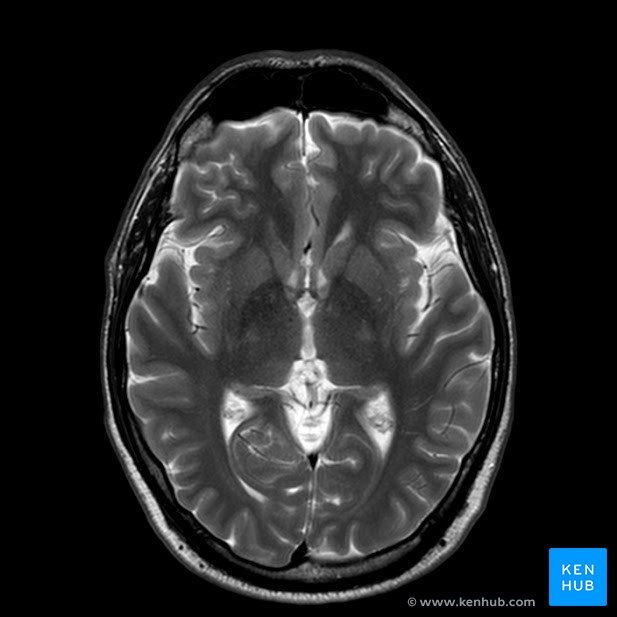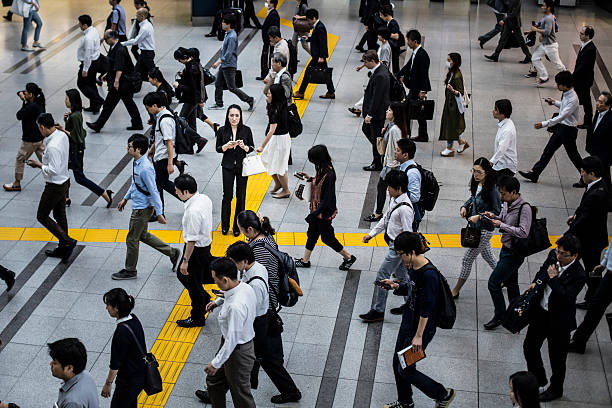(https://www.webroot.com/us/en/resources/tips-articles/internet-pornography-by-the-numbers)
https://fightthenewdrug.org/how-porn-sex-technology-is-contributing-to-japans-sexless-population/
Continuing on the note of online pornography, addiction, digital representation
In regards to online porn particularly we are having less of what we are representing. This is a loss of realizable potential. The perfect example of substituting the desire to directly experience what we actually want and finding counterfeit or making counterfeit versions of it. There is a perfect example of this in play in an example found in a baby boomer trend. The increasingly industrialized, suburbanized baby boomers’ had a generational obsession with the old west. They want what they can’t have, the freedom, the simplicity, and the ruggedness the cowboy archetype embodies. He is everything they want to be and can’t be.
Actual, real, direct, attainable, and sustainable, meaningful, pleasure is cut off, isolated, replaced, and substituted for a phony simulacrum of this pleasure which actually retards and handicaps the brain circuitry which regulates and produces this pleasure response. And our actual sex lives if we have any, are regulated by this simulacrum, or better yet existentially downgraded, since the act itself becomes identified with its representation, rather than its direct expression. We can only find a home in the counterfeit of our desires.
Porn addicts do experience brain damage. The neurochemical reason for this is due to overstimulation and eventually degrading of certain areas of the brain. This can and does result in loss of willpower-executive function. And perhaps a relevant anecdote: a materialization, depersonalization of women, which is a fissure between you and the other half of the species. It widens an interpersonal wall between you and the other sex.
Really distorting perception and blocking off normal inter-sexual relations.
An academic article on internet pornography addiction reads, “Many recognize that several behaviors potentially affecting the reward circuitry in human brains lead to a loss of control and other symptoms of addiction in at least some individuals. Regarding Internet addiction, neuroscientific research supports the assumption that underlying neural processes are similar to substance addiction”. https://www.ncbi.nlm.nih.gov/pmc/articles/PMC4600144/

The level of dopamine secretion in the brain engaged by pornography has no rival or parallel in nature whatsoever. Porn’s effects on the brain can be described as acting like that of a super drug. The user actually is damaging the dopamine reward system which is the single mediator between our bodies and the pleasure which can be gained or accessed normally/naturally. They are crippled by these effects. They are handicapped by this dopamine feedback loop which closes the possible attainable pleasure in life or pleasure from life. As well as closing the very real sense of acting on one’s own will.
The reason why this is so relevant philosophically is we take for granted our own ability to filter what we want out of us, through our power of will, our self-control. But this is nonsense, the chemical balance that makes people who they are if thrown off just a hair can change their whole emotional state, their personality, their relationship to others. Being you is being in a perfectly balanced chemical equilibrium. “We” are finely tuned systems that can be set off-kilter very easily. Also, the very will itself is altered and replaced by this very same dopamine feedback loop, damaging our very necessary and very important neural reward system.
This online trend of internet pornography is just a reflection of our collective masochism, self-loathing, self-destruction disguised as hedonism. When in fact the person is able to literally attain less pleasure than the normal person, his equipment for doing so is damaged. Pleasure is just a neural circuit and it can be damaged.
Real hedonism should be concerned with sustaining, attainable, pleasure, and doing so in a way that allows its continued consumption, and access. This online porn literally fits the definition of masochism: gaining pleasure from one’s pain. Or for our purposes, one’s neural destruction.
This is also just the neuroscientific effects of this digital masochism. This does not account for the ontological degradation and alienation which is taking place in more pronounced ways and at higher levels. Pornography is just a microcosm, and it does more damage to the person than mere bodily harm; it damages the person’s comprehension of the most meaningful activity for many they will engage in their lives.
In quiet, dull isolated post-industrial lives, sex is on an island, one of the few remaining avenues or arenas where immense and intense sensory stimulation is still in reach. It is the only activity in life where direct stimulation of the organs is possible. Food being of course a poor substitute for this. The pleasure from this is simply not available in any other area of life. Simulacrum, or pornography which I have identified as digital machoism, is the philosophy of the internet. It replaces the actual act of sex and sexuality with a simulacrum a phony, to quote Jean Badudrllad we are dealing with hyperreality. “Hyperreality is the inability of consciousness to distinguish reality from a simulation of reality, especially in technologically advanced societies.[8]”https://www.mlsu.ac.in/econtents/2289_hyper%20reality%20boudrilard.pdf

Or in other words when the simulation of sex replaced the act then sex is over. Sex is a power that can generate life-changing pleasure which brings a person up in the stratosphere above the petty, arduous and banal, pain, and bore of the culture we are all trapped in, the pleasure which cuts through the miasma of his or her entire nihilistic era. An act which is the condition for sustaining the final remaining remnant of our nature, the “couple” more than a sociological unit, it is a living organism. The final vestige of our former paleolithic tribal nature. Real, actual, romantic relationships, with someone you care for, supply us with enough wholeness to make industrial pressures and stresses endurable, or more endurable.
And the only thing, which can make such stresses endurable, if not the fulfillment of love, then hope, the aim, the pursuit of love, which is the only real aim or dream that can bring lasting happiness for many of us, in my view anyway. This is all lost when we masochistically botch off the real for the hyperreal.
These are the effects of the imposture of hedonism we are talking about. This is only one example, social media itself is a dopamine feedback loop that harvests and mines your pleasure response. The drive and expansion of these technologies are predicated entirely on advertising, and the point of course is to waste your time. Your time is a resource to be mined, and your dopamine is a drug to be exploited to keep you coming back for more. Social media could as well be the face of this new masochism. Micro-identities spawned by the internet seem to replace real living communities with counterfeits.

Online relationships are not possible. This is another example of the masochistic decline in our culture. Real face-to-face interaction is not possible to replace. All human communication is predicated on micro cues, which are removed in indirect, online, or technological contact. This is a sort of emotional genocide or war on our species nature. Intelligence is threefold: mathematical, linguistic, and emotional, we have cut out a whole aspect of ourselves, the emotional is forgotten. The cold screen of cell phones will never replace warm direct interpersonal contact. There is no personality, no tactile feedback, no humanity to carbon replacements for human contact which constitutes almost the entire internet and its subsequent micro identities. And almost our entire media, and our entire technological culture predicated on fulfilling the bottom line, expanding progress, efficiency at the expense of us. This is a deep self-hatred of species-wide scale, we are talking about, it can’t be anything else to do to each other so wrong.